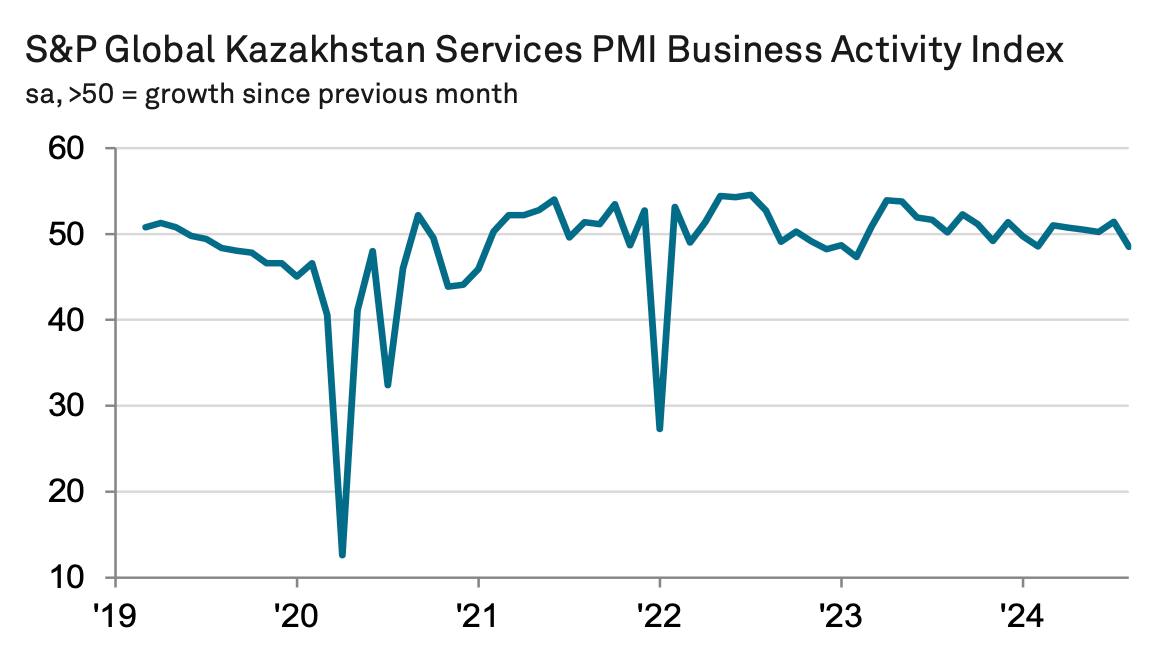S&P Global Ratings has affirmed Kazakhstan's long-term credit rating at BBB, maintaining a stable outlook. The affirmation was highlighted in a report by Halyk Finance, which noted that the rating is below the levels set in the country’s program documents, due to challenges with budget forecasting.

Kazakhstan's oil and gas industry, which accounts for 20% of GDP, over 50% of exports, and 30% of government revenues, continues to play a central role in maintaining the country’s credit rating. However, S&P Global Ratings pointed out that the reduction in oil production has led to slower economic growth. The agency has forecasted GDP growth of 3.7% for 2023, reflecting this impact.
According to S&P Global Ratings, economic growth is expected to remain moderate over the next three years. Even with the planned Tengiz future expansion project, which aims to increase oil output from 90mn tons in 2023 to 98mn tons by 2025, GDP growth is not anticipated to exceed 4.5%. The average GDP growth rate for the 2025-2027 period is expected to be around 3.7% annually.

While S&P Global Ratings acknowledges that growth could exceed expectations if the privatization program is successfully implemented, it also notes that progress has been slow. The agency cites centralized decision-making, weak institutional frameworks, and concerns over corruption as ongoing obstacles. These factors are likely to remain unchanged in the short term, limiting the impact of privatization efforts on the economy.
Despite the challenges, Kazakhstan’s economy has several positive factors. S&P Global Ratings highlighted the country’s strong position as an external net creditor, supported by moderate external debt levels and significant government liquid assets, including the National Fund’s external reserves.
S&P Global Ratings indicated that Kazakhstan's rating could be upgraded if key reforms are implemented, particularly those aimed at diversifying the economy beyond the oil sector, reducing geopolitical risks, and achieving greater political stability. These reforms, combined with growth in non-oil industries, are seen as essential for improving the country’s overall economic performance and credit rating.
Follow Daryo's official Instagram and Twitter pages to keep current on world news.
Comments (0)